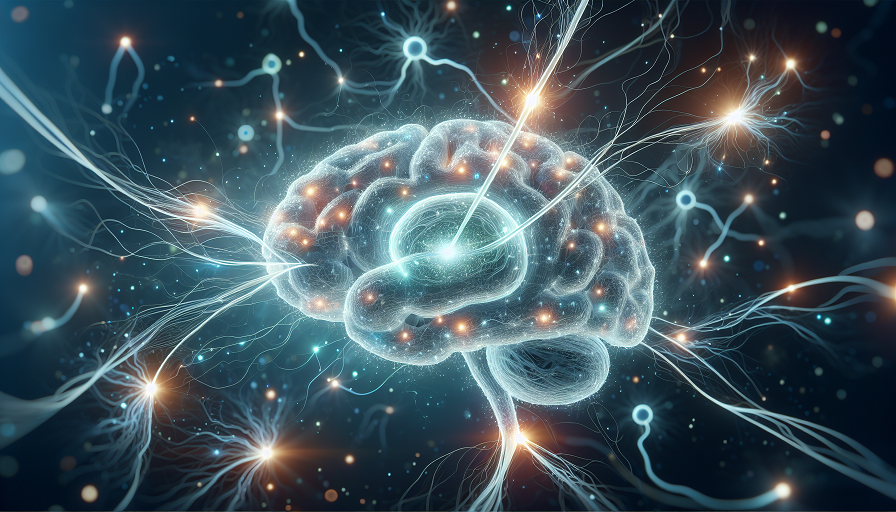
For most people, caffeine is the friendly morning nudge that gets the day started—a warm mug of energy and motivation. But caffeine isn’t just about wakefulness; it’s a cognitive powerhouse with a fascinating link to memory. Beyond fueling your morning routine, caffeine has been shown to play a role in strengthening long-term memory formation, especially in the hippocampus, the brain’s memory hub. Let’s brew some knowledge and explore how your daily cup of coffee might also be brewing better recall.
How Caffeine Enhances Hippocampal Function
The hippocampus is your brain’s memory librarian, responsible for organizing, storing, and retrieving the moments that make up your life. Caffeine supports this process in several ways, starting with its ability to block adenosine receptors. Adenosine is a neurotransmitter that makes you feel tired; by blocking it, caffeine not only keeps you alert but also improves communication between neurons. This heightened neural activity in the hippocampus helps encode new memories more effectively.
Caffeine also increases the release of dopamine and norepinephrine, two neurotransmitters essential for memory consolidation and learning. Dopamine sharpens focus, ensuring that your brain pays attention to important details, while norepinephrine enhances the emotional significance of memories, making them stickier. This combination helps the hippocampus not just store memories, but prioritize the ones you’re most likely to need later.
Additionally, caffeine indirectly supports neurogenesis—the growth of new neurons in the hippocampus. Animal studies have shown that moderate caffeine consumption can promote the creation of these neurons, which are critical for forming fresh memories and replacing aging ones. Think of it as caffeine adding new bookshelves to your memory library, creating more space for future learning.
Research on Caffeine’s Role in Strengthening Memory Retrieval
The effects of caffeine on memory retrieval are where things get even more interesting. A study published in Nature Neuroscience demonstrated that consuming caffeine shortly after learning something new enhanced memory retention over the long term. In this study, participants who took a 200 mg caffeine pill (roughly the amount in a strong cup of coffee) after a memorization task performed better in recalling details 24 hours later compared to those who didn’t consume caffeine.
Why does caffeine work so well post-learning? Researchers suggest it’s because caffeine strengthens memory consolidation—the process of stabilizing new information so it becomes a long-term memory. This effect seems to be especially potent when caffeine is consumed shortly after learning, as it bolsters the hippocampus during the critical window when memories are being locked into place.
Caffeine also supports memory retrieval by increasing blood flow to the brain. Better blood flow means more oxygen and nutrients reach the hippocampus, improving its ability to recall stored information. This is why you might feel sharper and more mentally agile after your morning coffee, able to pluck that elusive fact or name from your mental archives with ease.
However, moderation is key. Too much caffeine can overstimulate the brain, leading to jitters and impaired focus—conditions that can undermine memory performance. Studies suggest the optimal dose for cognitive benefits is between 200 and 400 mg per day (2–4 cups of coffee, depending on its strength).
For those who don’t enjoy coffee, other caffeine sources like tea, dark chocolate, or caffeine supplements can provide similar benefits. Matcha tea, for example, combines caffeine with L-theanine, offering a calm, focused energy that enhances memory without the crash.
Caffeine may be your go-to for fighting sleepiness, but its impact on long-term memory is the real showstopper. By boosting hippocampal function and aiding memory retrieval, caffeine can do much more than wake you up—it can help you remember what matters most. So, the next time you take a sip of coffee, remember: you’re not just fueling your day; you’re fueling your mind.

